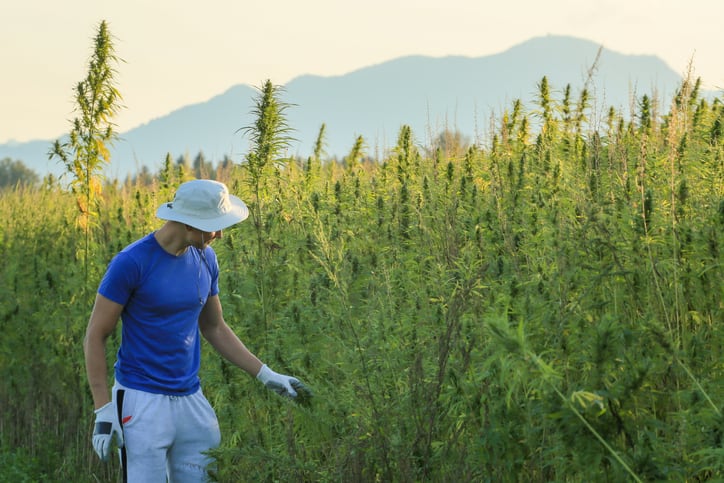Survey maps out confusion
One study comes from researchers at two universities in Florida. Published in the journal Substance Use & Misuse, the study, titled CBD (Cannabidiol) Product Attitudes, Knowledge, and Use Among Young Adults analyzed the results of an online survey administered to 340 respondents in late 2018 and early 2019.
The data set included many product forms, including ‘edibles’ (the researchers didn’t specify if these were food forms, like brownies, or might include capsules) and tinctures which were used by more than half of the respondents, and vape and topical products, which were mentioned less often and fall outside the realm of the dietary supplement or foods industries.
The top health indications that respondents mentioned were: stress relief (66%), relaxation (55%), sleep improvement (42%) and pain relief (41%). One possible shortcoming of this survey approach was that was apparently no category for ‘other.’ The researchers chose to ask about only the most commonly mentioned health effects for the ingredient.
The way that question was structured might not give much clarity as to how confused consumers are about what CBD is supposed to do. But another question in the survey did shed light as to their misinformation as to how much to take. More than a fifth of respondents (21%) said they continue to take more of their CBD product of choice ‘Until I feel something,’ 15% ‘estimate’ their dosages and another 15% weren’t sure how much they took. Only half of respondents said they referred to the product labels on dosages. (To be fair, compliance is an issue across the supplement industry, not just with CBD/hemp products.)
The researchers concluded that the results of their study reflect relatively poor understanding of CBD products, and maintain that the burden will fall on healthcare providers to educate consumers.
Consumers’ confusion seen in constructive light
A second new study, published in the International Journal of Drug Policy, takes a creative, somewhat more constructive approach into looking at what effects this confusion about CBD products has wrought. The study was done by two computer scientists at the University of Kentucky.
They monitored messages posted on a CBD subreddit as well as comments submitted to FDA on the public docket. They analyzed them using a rule-based language processing method.
The top 10 mentioned reasons for using CBD were: anxiety disorders, pain, depressive disorders, inflammation, stress, headache, sleep disorders, seizures disorders, cancer and nausea. The researchers noted that there appears to be no research linking CBD products with anti nausea benefits. Other use occasions for which there is no research backing were mentioned, too, such as ameliorating the symptoms of ADHD or autism.
The authors said they believed their method could help other researchers find new therapeutic indications that might be looked into in the future. In that way, a more positive spin could be put on what amounts to a vast, uncontrolled experiment in what CBD products can do for people. Millions of Americans have willingly signed up for this experiment.
Surveillance lacking
Dietary supplement companies operating under the Dietary Supplement Health and Education Act are supposed to gather adverse event reports and pass on serious incidents to the US Food and Drug Administration. As CBD products are at the moment not really dietary supplements, their makers are not really dietary supplement companies, either. I have observed a high prevalence of labeling errors on these products, including quite frequently no contact information for the company making the products, hence no way for consumers to submit these reports. I have no way to know for sure, but I wouldn’t be surprised if many of these new CBD players either are ignoring the adverse event issue or are unaware it’s a requirement.
The Kentucky researchers’ approach might offer a way to achieve at least some modicum of post market surveillance for these products. As matters stand, there is no way be certain how many of these products are on the market, who is making them and under what conditions, what they’re being used for and what kind of adverse events consumers might be experiencing. It’s well past time for FDA to offer at least some interim framework, however imperfect, so more inspections can take place and more post market surveillance can be done.
Sources: Substance Use and Misuse
DOI: 10.1080/10826084.2020.1729201
CBD (Cannabidiol) Product Attitudes, Knowledge, and Use Among Young Adults
Authors: Wheeler M et al.
International Journal of Drug Policy
DOI: 10.1016/j.drugpo.2020.102688
Social media surveillance for perceived therapeutic effects of cannabidiol (CBD) products
Authors: Tran T, Kavaluru, R




